This book arose from an argument. Lifelong bookworm Samantha Ellis and her best friend had gone to Brontë country and were tramping about on the Yorkshire moors when they began bickering: would it be better to be Cathy Earnshaw, or Jane Eyre? Ellis had always been fervently in the Cathy camp, re-reading Wuthering Heights every year (often in the bath) and swooning. But now, in her thirties, came an epiphany. She’d chosen the wrong heroine. This was understandable, given the ‘high drama’ of her family background, in the small community of north London Jews exiled from Baghdad. As she puts it:
An Iraqi Jewish endearment, fudwa, means ‘I would die for you’. In a five-minute phone call about yoghurt my grandma can offer to die for me ten or fifteen times. So the Sturm und Drang of Heathcliff and Cathy’s love made sense to me.
Realising she should have backed Jane, it occurred to Ellis to revisit all her literary heroines and investigate their effect on her, for good and ill: ‘I hoped I’d still like them. I hoped I wouldn’t end up thinking they’d ruined my life.’ First came the fairytales. The Sleeping Beauty was too passive, the Little Mermaid too sad — although the Disney version pleased her, with its happier ending, a singing career for the mermaid and a besotted prince, ‘incongruously named Eric’.
Anne of Green Gables, Little Women, A Little Princess and Ballet Shoes came next, some of them disappointing the grown-up Ellis with their heroines’ feebleness and inability to break out of the pre-feminist restrictions of their times. Clever Lizzy Bennet and headstrong Scarlett O’Hara pleased her more, although the latter’s long adulation of the ghastly Ashley made Ellis feel that loving ‘someone who can’t or won’t love her back is not heroic. Because unrequited love is delusional, thankless and boring.’ Rhett Butler’s revulsion at Scarlett’s coarse, working hands meant that ‘the most direct result of reading Gone With the Wind again is that I have become more assiduous about using handcream’.
This book is at its best and most amusing in the autobiographical passages which describe the author’s volatile and close-knit family and her place within it. As she came of age, books and their heroines provided the navigational aids Ellis needed in order to make up her mind as to whether to succumb to the traditions of that family — including arranged marriage, more or less — or to break free. Her accounts of literary heroines have a breezy charm which, tending to précis, are more fun when you haven’t read the book in question. (Those who already admire Jane Eyre, for example, may not find ‘Wow, just wow’ the most felicitous of responses to its heroine’s most moving speech.) It’s all very good-natured, not least where the books under review are not high literary fiction:
After three years of English at Cambridge, I was almost convinced that literature was all coded messages about Marxism and the death of the self. I crawled out of the post-structuralist desert thirsty for heroines I could cry and laugh with . . . I craved trash.
Ellis gives witty summaries of plots by Jilly Cooper and Jacqueline Susann, while Shirley Conran’s Lace sounds so wonderful that I can’t think why I’ve denied myself the pleasure of it all this time. The embarrassment of the sex scenes and the surfeit of leopard-print textiles to be found within its pages are not shirked.
‘Where are the happy fictional spinsters?’ cries Ellis. Her search for a self-sufficient heroine, one who does not yield to the embrace of a hero, finds only Lily Briscoe in To the Lighthouse. Even her joy at this discovery is soon dissipated by friends telling her that the lighthouse is a phallic symbol.
Trust Freud to spoil things. ‘I don’t think anyone is born to be a heroine,’ she concludes. ‘It takes effort, valour and a willingness to investigate your own heart.’ A playwright herself, she selects Scheherazade as the ultimate heroine, saving her own life with her storytelling. Samantha Ellis hopes to do the same.
Got something to add? Join the discussion and comment below.
Get 10 issues for just $10
Subscribe to The Spectator Australia today for the next 10 magazine issues, plus full online access, for just $10.
Available from the Spectator Bookshop, £13.99. Tel: 08430 600033
You might disagree with half of it, but you’ll enjoy reading all of it. Try your first month for free, then just $2 a week for the remainder of your first year.

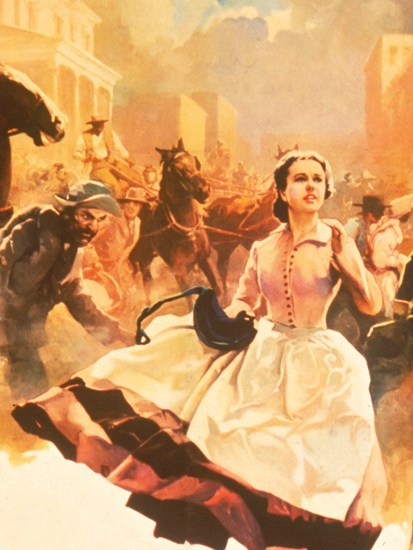
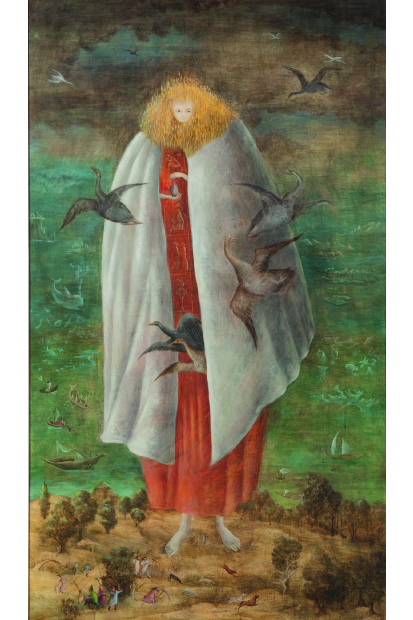
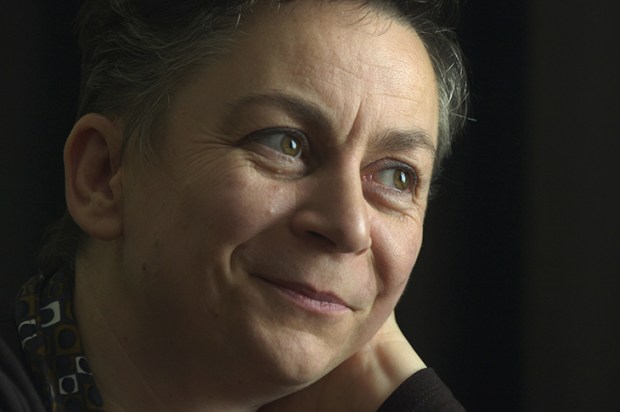
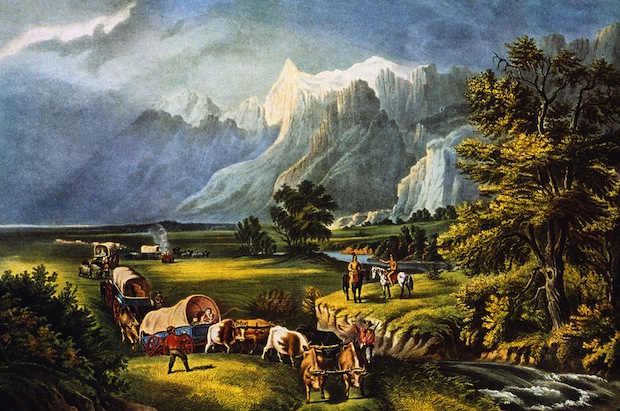

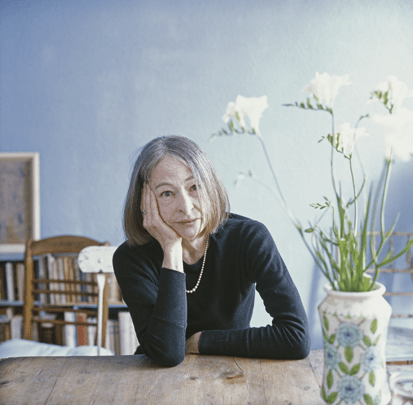
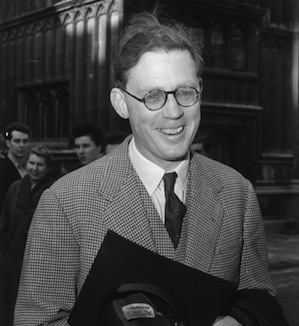






Comments
Don't miss out
Join the conversation with other Spectator Australia readers. Subscribe to leave a comment.
SUBSCRIBEAlready a subscriber? Log in